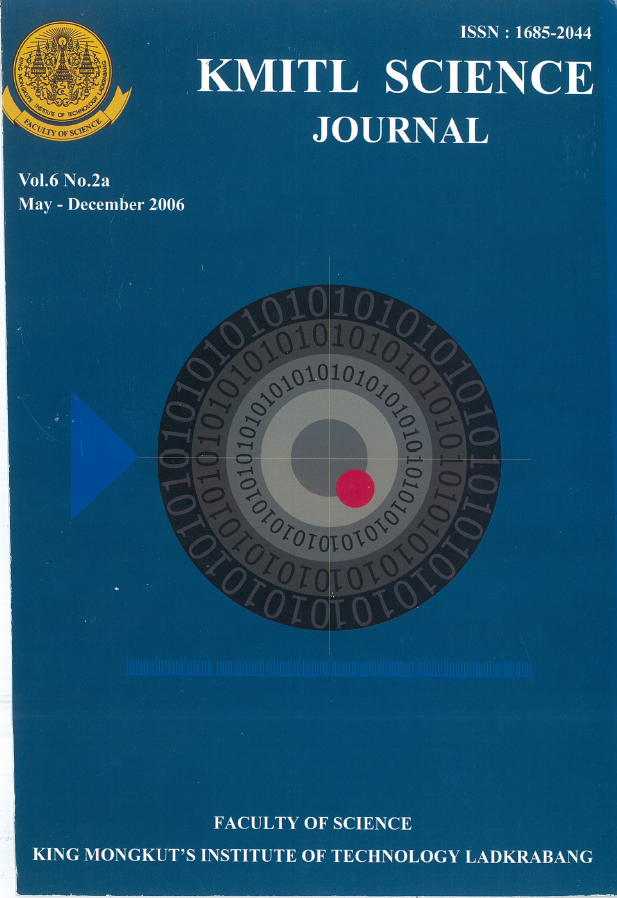Forecasting the behavior of complex systems has been a broad application domain for neural networks. In particular the recurrent neural networks has been widely studied, to extend this study with specific emphasis on the topic of stock prices forecasting. Since how to accurately forecast stock prices is become more important and challenging the marketers are competition increase. In order to evaluate the performance of recurrent neural networks, the three performances statistics are discussed. In terms of Efficiency Index, Mean Absolute Deviation and Maximum Relative Error, an experiments carried out by means of the use of stock prices and volumes for the fully recurrent neural network and two partially recurrent neural networks training with an online algorithm. The result found that mostly Efficiency Index and Mean Absolute Deviation are suitable used to indicate the overall recurrent neural network performance.
Keywords: forecasting recurrent neural networks, performance statistics, Efficiency Index, Mean Absolute Deviation, Maximum Relative Error
Corresponding author: E-mail: suwarin@rmut.ac.th , suwat@rmut.ac.th
Pattamavorakun*, S. ., & Pattamavorakun, S. . (2018). Performance Statistics for Recurrent Neural Networks on Stock Prices Forecasting. Current Applied Science and Technology, 293-304.

https://cast.kmitl.ac.th/articles/147874